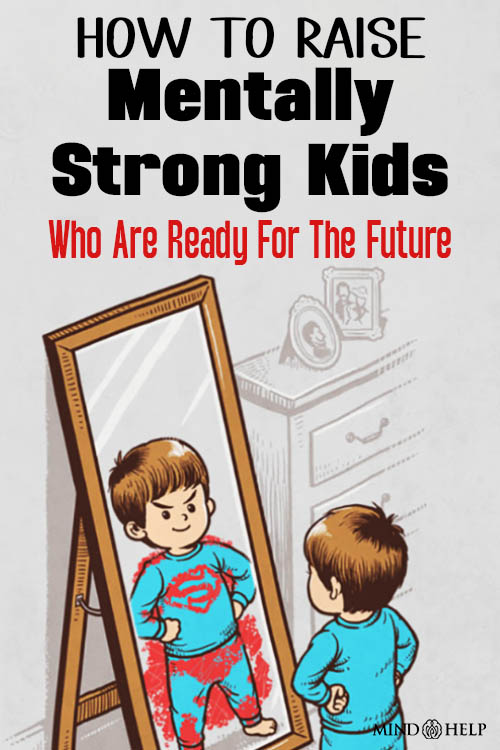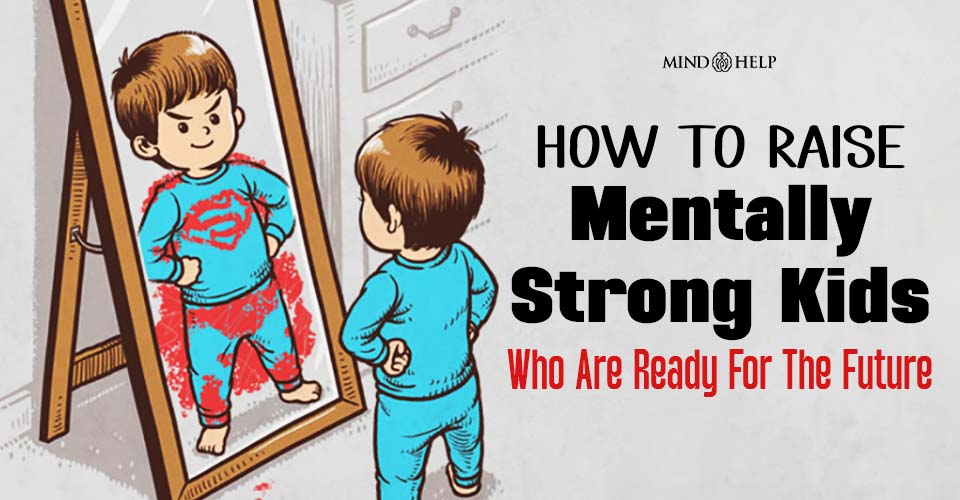Are Your Kids Ready for the Real World? Read on to know all about how to raise mentally strong kids who are ready for the world!
Raising mentally strong children is one of the most crucial responsibilities of parenting. Without resilience, children may grow up to be adults who give up too easily when faced with challenges.
Keep reading to discover why resilience is essential and how you can help your child embrace failure as a stepping stone to success!
The Modern Comfort Trap
Today’s children grow up in an era of instant gratification. With technology at their fingertips, they are accustomed to convenience, comfort, and immediate results.
Everything is available with a single click or tap. If something isn’t perfect, a tantrum, complaint, or bad review can often fix the situation. Life appears seamless—until it isn’t.
The moment they face a minor inconvenience—like waiting in a grocery store queue or not getting the latest iPhone—they struggle to cope. If a child cannot handle small setbacks, how will they manage major life challenges as an adult?
As the saying goes, morning shows the day. If children are not exposed to discomfort or failure early on, how will they navigate grief, job loss, or heartbreak in the future?
Your concerns as a parent are valid. Resilience is built through facing fears, failures, and disappointments. A smooth sea never made a skilled sailor.
Now more than ever, teaching children perseverance, grit, and mental strength is essential.
How to Raise Mentally Strong Kids
Here are some practical strategies to help you nurture resilience in your child:

1. Set Goals and Encourage Risk-Taking in a Safe Environment
Children need a purpose to develop resilience. Help them set SMART goals—Specific, Measurable, Achievable, Relevant, and Time-bound.
Parents who raise mentally strong kids, encourage their children to try new things, like learning to ride a bike, taking self-defense lessons, or reading classics. When kids step outside their comfort zone, they develop confidence and adaptability.
Read: 5 Powerful Mindset Shifts You NEED To Achieve Your Biggest Goals
2. Normalize Failure as a Learning Experience
Mistakes are opportunities for growth. Instead of criticizing your child for errors, reinforce the idea that setbacks are part of the learning process.
Share real-life examples of famous failures, such as Thomas Edison or J.K. Rowling, to illustrate how persistence leads to success.
3. Praise Effort, Not Just Results
Perseverance develops through effort, not just success. Instead of saying, “You’re so smart!” try saying, “I love how hard you worked on that!” or “You should be proud of your effort.”
This approach helps children understand that dedication and persistence are key to improvement.
4. Allow Discomfort and Encourage Problem-Solving
While it’s tempting to solve every problem for your child, doing so deprives them of essential problem-solving skills.
Instead of immediately offering solutions, ask: “What do you think we should do?” This encourages independent thinking and builds self-confidence.
For raising resilient kids, allow them to make small choices and mistakes in a safe environment, so they learn to navigate bigger challenges later in life.
5. Instill a Sense of Responsibility
Assign age-appropriate responsibilities, such as setting the table, packing their school bag, or helping with the grocery list. These small tasks teach accountability and self-reliance, preparing them for adulthood.
6. Build Emotional Intelligence and Regulation
Teach your child to recognize and manage emotions like frustration, disappointment, or anger. Help them find healthy ways to channel these feelings productively.
7. Teach Healthy Coping Mechanisms

Introduce simple yet effective coping techniques like:
- Deep breathing
- Journaling
- Taking a walk
- Exercise
- Mindfulness and meditation
- Hobbies such as gardening, pottery, or reading
These strategies equip children with tools to manage stress and anxiety positively.
Read: 11 Fun Hobbies To Try When You’ve Had Enough Of Doomscrolling!
8. Reframe Negative Thoughts
For raising resilient kids, help your child replace negative self-talk with positive affirmations. Instead of “I can’t do this,” encourage them to say, “I’ll try my best” or “I am learning and improving.”
A simple addition of “yet” to a sentence—“I can’t do this yet”—helps them see challenges as temporary and surmountable.
9. Lead by Example
Children learn by observing their parents. Model resilience by verbalizing how you handle setbacks: “This didn’t work, but I’ll try a different approach.”
Avoid angry outbursts or blaming others in front of your child. Instead, share personal stories about times you faced challenges and how you overcame them.
10. Show Unconditional Love and Support
Resilience doesn’t mean toughening up emotionally. You can teach your child to be strong while still being compassionate and nurturing.
Your child should never feel that their worth is tied to achievements. Regularly remind them that you love and believe in them—no matter what.
The Greatest Gift You Can Give
Raising a mentally strong child is one of the best gifts a parent can offer. Children who learn resilience grow into adults who face life with confidence, positivity, determination, and courage.
By fostering these qualities, parents who raise mentally strong kids, leave behind not just a legacy but a capable, emotionally strong, and successful future generation.
Please share your thoughts on how to raise mentally strong kids by commenting down below!












Leave a Reply